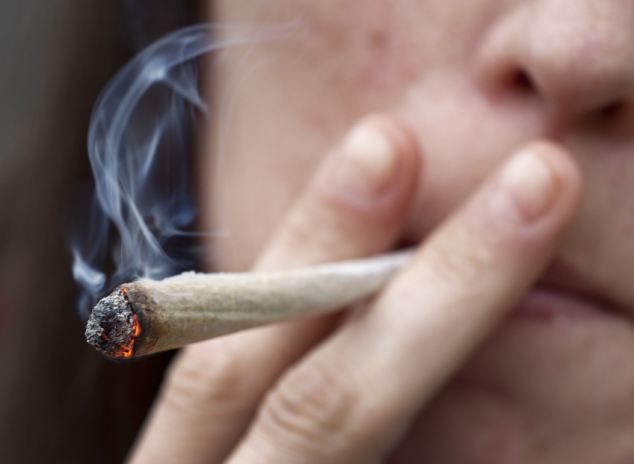Marijuana, weed, pot, Mary-Jane, Kush, whatever you like to call it, cannabis has been the topic of discussion for a while. The main issue at hand; legalizing cannabis.The legalization of marijuana is on the ballots of many states this year, including California, Nevada and Arizona. If you live or can vote in one of these states, please vote for legalization. There is no reason to have cigarettes and alcohol be legal but ban marijuana, which is far less dangerous or addictive, at the same time. Taxing legal marijuana has created a MASSIVE budget surplus in Colorado, used to fund schools and highways. All the doom and gloom about marijuana legalization being passed in Colorado, or Washington, or Alaska, have not come true.
The federal government should repeal the ban on marijuana.
We reached that conclusion after a great deal of discussion among the members of The Times’s Editorial Board, inspired by a rapidly growing movement among the states to reform marijuana laws.
Furthermore, legalization can help the United States economically as well. With potential discussion regarding a legalization law in the near future, it is imperative to understand the downfalls of the current laws, as well as benefits that could come with its revision.
Legalization won’t lead to increased use.

Marijuana use among teens has been on the rise since 2005, according to the researchers. A CDC study from the National Youth Risk Behavior Survey (YBRS) earlier this month found pot smoking increased among teens from 21 percent reported in 2009 to 23 percent in 2011, which suggests more teens currently smoke marijuana than they do cigarettes.
Marijuana is less harmful than alcohol or tobbaco

The safety of marijuana versus booze is not a new claim but, for the first time, researchers measured the potential harm of these drugs in a more quantitative way that is, by comparing a lethal dose to how much of the substance is typically consumed socially.
Attempts to compare the danger of particular drugs have been few and far between. It wasn’t until the last decade that studies were done to classify the risk of drug abuse in a qualitative and quantitative manner, according to the authors. In contrast, Grinspoon says: “You just see life after life swallowed up by alcohol. You just see alcohol tearing families apart. And you don’t have to walk very far to see lives destroyed by tobacco. I’ve never in 20 years as a primary care doctor seen a single life taken away by marijuana.”
A new study refutes their claims and showing that marijuana is protects than alcohol and tobacco, and researchers and policymakers may have overestimated the risking association with its use. The truth is that marijuana is widely used in a manner quite similar to alcohol. Most adults consume it while socializing with friends or relaxing after work. And while some consume it for its medical benefits, others use it for therapeutic purposes.
Cannabis has legitimate medical effects

Some of these patients though were starting to feel better. They also seemed much more present. She wanted to know what was making a difference. They told her they found an alternative to all those medicines.
Others on the other hand, argue that medical cannabis is too dangerous, that it could lead to addiction or abuse of harder drugs, it doesn’t have FDA-approval or that legalization is just a front for recreational drug use.
Prohibition has enormous social costs
Proposals for legalizing drugs have entered the mainstream of public debate in recent years. Frustration with a futile, yet evermore costly war on drugs has prompted support for legalization from a number of respected, conservative figures, such as Milton Friedman and William F. Buckley, Jr., as well as present and past public officials, such as Baltimore Mayor Kurt Schmoke, former Secretary of State George Shultz, and federal Judge Robert Sweet. Some people, like William Bennett, the former drug czar, have denounced “intellectuals” for even raising legalization as an option.Nearly 5 million Californians voted in favor of marijuana legalization, garnering 56 percent support and making the state the most populous in the nation to legalize use of the drug. Six years ago, California voters rejected a legalization initiative. In the time since, four states ventured into the legal pot market, approving initiatives to allow the sale and tax of the drug.
credit:marijuana.com









